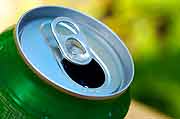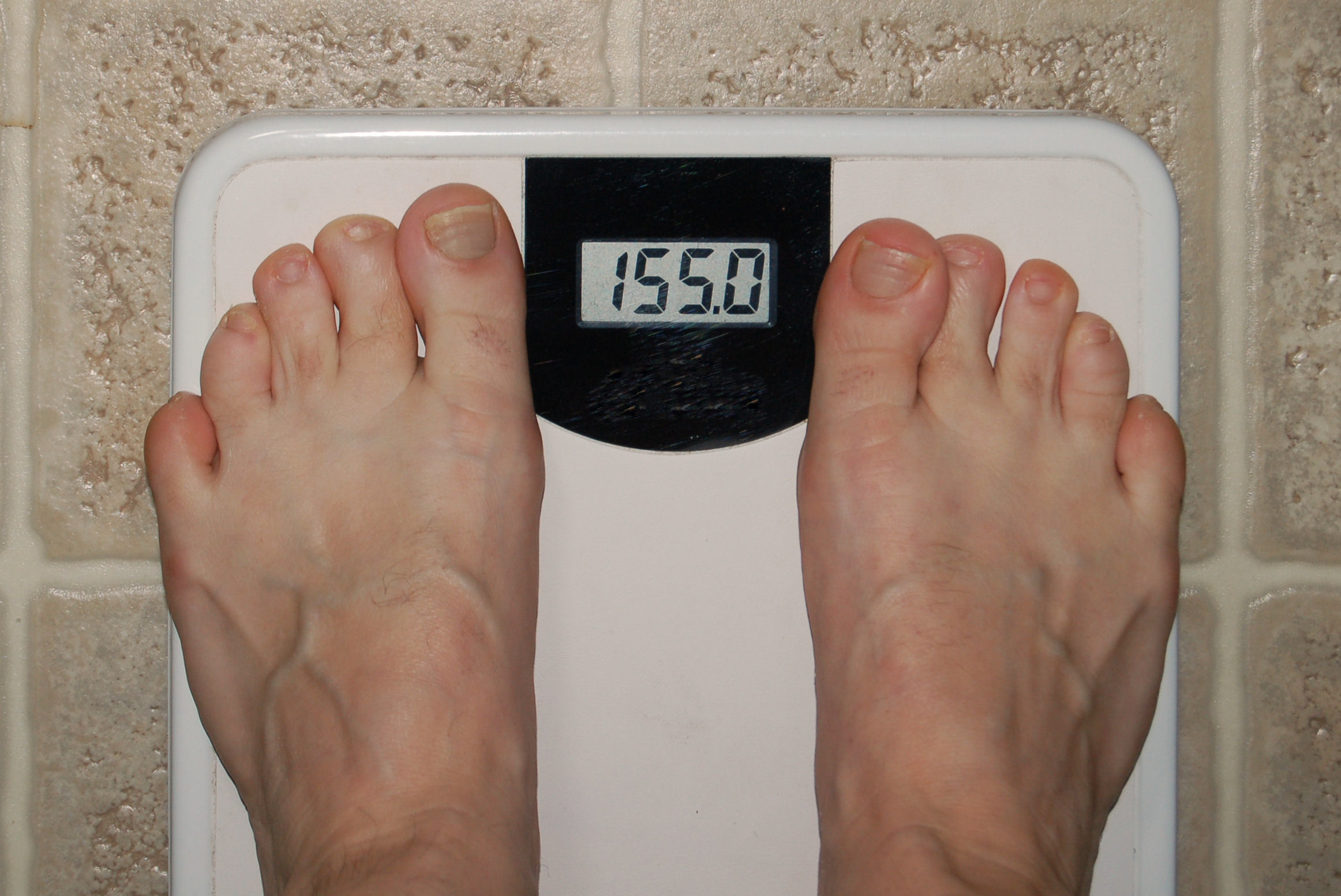
WEDNESDAY, Sept. 24, 2014 (HealthDay News) — The top U.S. soda makers have agreed to help reduce Americans’ consumption of calories from sugary beverages by one-fifth during the next decade — by shrinking drink sizes and marketing healthier options.
The Coca-Cola Company, PepsiCo Americas Beverages, and the Dr Pepper Snapple Group all pledged to help fight the obesity crisis by steering consumers away from sugary drinks loaded with empty calories.
“This is the single-largest voluntary effort by an industry to help fight obesity and leverages our companies’ greatest strengths in marketing, innovation and distribution,” said Susan Neely, president and CEO of the American Beverage Association, the companies’ national trade association. “This initiative will help transform the beverage landscape in America. It takes our efforts to provide consumers with more choices, smaller portions and fewer calories to an ambitious new level.”
The soda giants said they would reduce beverage calories in the American diet 20 percent by 2025. They said they will do so by:
- Spotlighting diet drinks and bottled water in supermarkets by placing them at the end of aisles, in checkout displays, and on easy-to-reach store shelves.
- Cutting the amount of sugary soda sold in single cans and bottles, thus reducing portion sizes.
- Promoting calorie awareness on more than 3 million beverage company-controlled vending machines, self-serve fountains and retail coolers in convenience stores, restaurants and other locations.
- Introducing and expanding new lower-calorie products.
- Providing coupons and other incentives that promote purchase of bottled water and diet drinks.
The drink companies crafted their new initiative in cooperation with the Alliance for a Healthier Generation, an anti-obesity group founded by the American Heart Association and the Clinton Foundation, and announced it Tuesday at the 10th annual Clinton Global Initiative meeting in New York City.
“I am excited about the potential of this voluntary commitment by the beverage industry. It can be a critical step in our ongoing fight against obesity,” said former President Bill Clinton.
Sugary sodas and fruit drinks account for 6 percent of Americans’ daily calorie intake, said Dr. Howell Wechsler, CEO of the Alliance for a Healthier Generation.
Clinton noted that a 2006 agreement between the Alliance for a Healthier Generation and the soda companies resulted in a 90 percent reduction in calories from beverages shipped to schools.
The impact of this initiative could be tremendous, added Samantha Heller, senior clinical nutritionist at NYU Langone Medical Center in New York City.
“These are very big, powerful companies that, when they make a change, can impact the landscape of human health,” Heller said.
This agreement could serve as a blueprint for future healthy diet initiatives, she said. “Wouldn’t it be cool if we could encourage food companies to promote fruits, vegetables, whole grains, nuts and beans in a similar fashion?” she added.
However, Heller hopes that the beverage companies’ marketing will place as much, if not more, emphasis on bottled water compared with diet sodas.
“I’m not sure diet drinks are the best alternative to sugar-sweetened beverages for most people, but most of these companies also sell bottled water so it’s not like they’re shooting themselves in the foot,” she said.
The American Heart Association issued a statement applauding the soda industry’s commitment, and in particular the companies’ agreement to place special focus on specific communities where there has been less access to healthier options.
“Their pledge to reduce the visibility and consumption of full calorie sodas, while labeling calorie counts on vending, fountain and retail equipment with a particular emphasis on helping communities in greatest need, is a positive step forward towards improving the public health,” the group’s statement said.
More information
For more on the beverage companies’ pledge, visit the Alliance for a Healthier Generation.
Copyright © 2026 HealthDay. All rights reserved.

